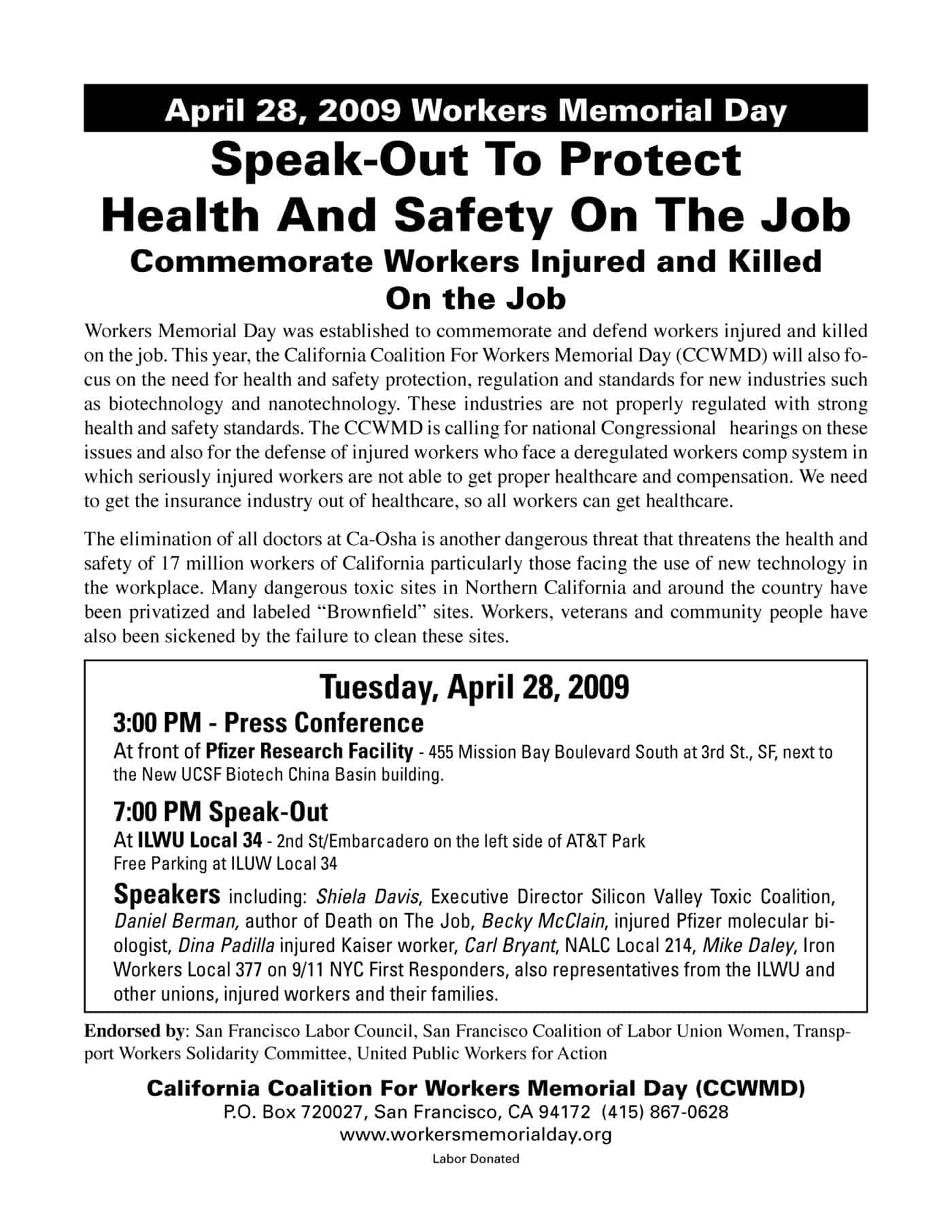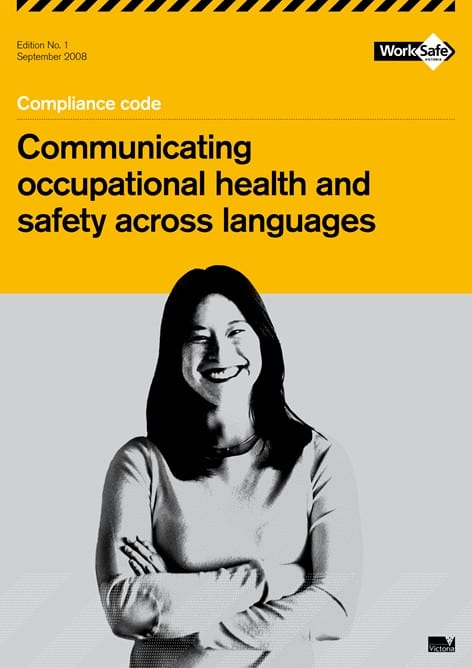The edge of panic is starting to appear in Australian concerns over swine flu. Some health officials, who should know better, are slipping slightly off message. The Queensland government’s chief medical officer has recommended that food should be stockpiled. This was quickly jumped on by the Federal Health Minister, Nicola Roxon, has tried to provide a more palatable context to the stockpiling:
“We want people to be aware of the risk of this disease, we want people to be taking sensible planning steps but we don’t want panic,” she said. “It’s very important that we don’t have a rush on products that people just during the course of their ordinary shopping might think about whether they have some of these extra supplies.”
The Australian Prime Minister, Kevin Rudd, has offered some of the blandest, but relevant, advice:
“For all Australians to engage in the simple practice of washing their hands with soap on a regular basis.”
Kevin Rudd is not the poster boy for personal hygiene unless eating one’s earwax is a suitable hygiene practice.
SafetyAtWorkBlog will continue to watch for evidence of the effectiveness of handwashing in influenza control.
Roxon’s advice is sound however in one very important way – sensible planning steps. Cut through the hyperbole. Listen to reputable health advice, and keep your colleagues and employees informed. If that happens, we’ll get through this threat.


